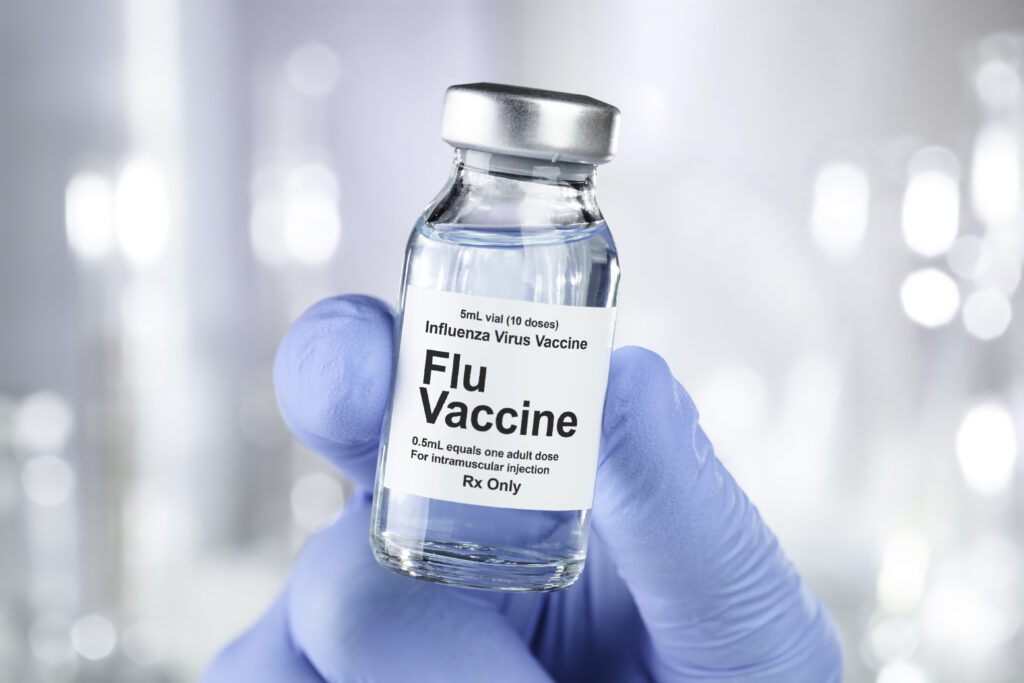
Flu vaccines cause antibodies to develop in the body about two weeks after vaccination. These antibodies protect against infection with the viruses that are in the vaccine.
The seasonal flu vaccine protects against the influenza viruses that research indicates will be most common during the upcoming season. Traditional flu vaccines (called “trivalent” vaccines) are made to protect against three flu viruses: an influenza A (H1N1) virus, an influenza A (H3N2) virus, and an influenza B virus. Flu vaccines are also made to protect against four flu viruses (called “quadrivalent” vaccines). These vaccines protect against the same viruses as the trivalent vaccine and an additional B virus.
Ask Us A Question
Meet our Pharmacist

Lead Technician
Keith Jones
Lead Technician

Lead Technician
Jennifer Brown
Lead Technician

Pharmacist
Bethany Wolfe
Pharmacist

Pharmacist
Diane Gesk
Pharmacist

Pharmacist
Laurey Thurby Micarelli
Pharmacist

Pharmacist
Amy Lizza
Pharmacist

Pharmacist
Walt Lizza
Pharmacist


